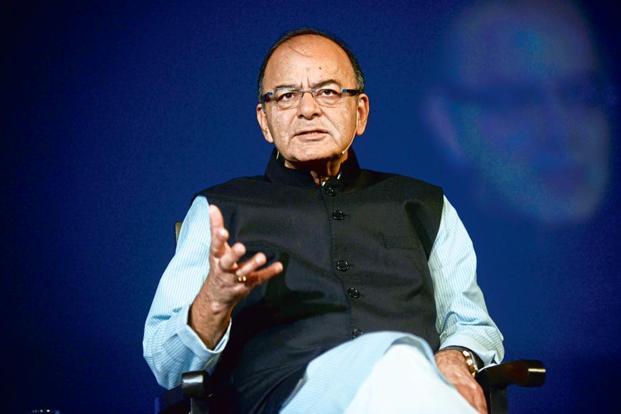This article was published on May 29, 2019 when Arun Jaitley had asked for a retirement citing health issues.
Arun Jaitley, Minister of Finance and Corporate Affairs in the first term of Modi government has ended the speculations regarding whether he will be inducted in the second Modi cabinet. He posted a letter on Twitter asking leave as he had serious health issues. “I am writing to you to formally request you that I should be allowed reasonable time to myself, my treatment and my health, and therefore not be part of any responsibility, for the present, in the new government,” wrote Jaitley in a letter to PM Modi.
In the last term, Jaitley left the ministry first between 14 May 2018 to 23 August 2018 for treatment and Piyush Goyal was appointed as caretaker finance minister. Later had to leave the ministry at the crucial budget time (23 January 2019 to 15 February 2019) and once again Goyal took charge. As Jaitley asked to relive from the ministry responsibilities, it is almost certain that Piyush Goyal would become the next finance minister of the country. It is time to look at the contributions of Jaitley as finance minister of the country.
After the Modi government came to power in 2014, the primary focus and immediate priority was fixing the economy. The macroeconomic foundations of the state were in doldrums when Arun Jaitley took over as the finance minister and therefore his priority was to build strong macroeconomic fundamentals on which a near ‘double-digit growth’ could be delivered. Under the leadership of Jaitley, the government implemented some of the most awaited reforms like Insolvency and Bankruptcy Code, GST, and institutionalization of inflation targeting. Undoubtedly, Arun Jaitley has built the macroeconomic foundations on which India could aim to become ‘economic superpower’.
Arun Jaitley was given the charge of the most important ministries from Finance to Defense in the NDA government. His achievements as the Finance Minister and Minister of Corporate Affairs are incomparable to any other previous minister because, during his tenure of five years, the fundamental reforms in the economy’s GDP growth have been much better than any other previous regime.
He was instrumental in bringing GST, the single indirect tax regime which was stuck for almost a decade due to lack of political willpower in the Congress party. He brought finance ministers of all states of India to the negotiation table to give the final shape to GST. He listened to queries of the state regarding GST and provided a comprehensive solution to those, unlike the previous Congress regime which showed no flexibility to bring states on board with the idea. The bold decision of demonetization which helped the country to formalize its economy and crack down on black money transactions was implemented under his guidance. The Indian economy was slowing down when he took over, and within a few months he brought the economic growth of the country back on track.
The real estate sector was in a complete mess with property prices in Mumbai comparable to that of New York’s. Billions of dollars of black money were being pumped into real estate by corrupt businessmen to evade taxes. The Finance Ministry under the leadership of Arun Jaitley brought RERA to solve the mess in real estate. Now with property prices stabilizing, it could be said that the act is transforming the real estate sector.
The achievements of Jaitley also include tax net increase which almost doubled under his tenure. The macroeconomic stability of the country is in a very good condition with low inflation and fiscal deficit well within the target. Ease of doing business ranking of the country is at an all-time high, and the Indian market is being hailed as the best investment destination in the world by global investors. Global institutions like the IMF, World Bank are praising the country as the fastest growing major economy in the world. Arun Jaitley deserves to be lauded for his efforts for bringing about macroeconomic stability in the Indian economy and making it the fastest growing major economy in the world despite personal health-related problems.
